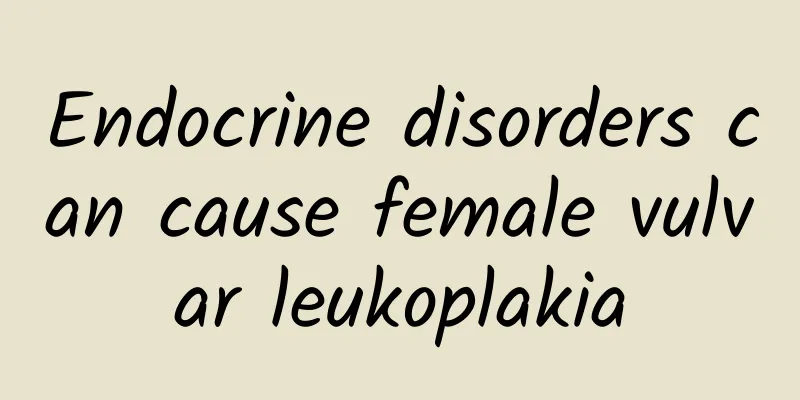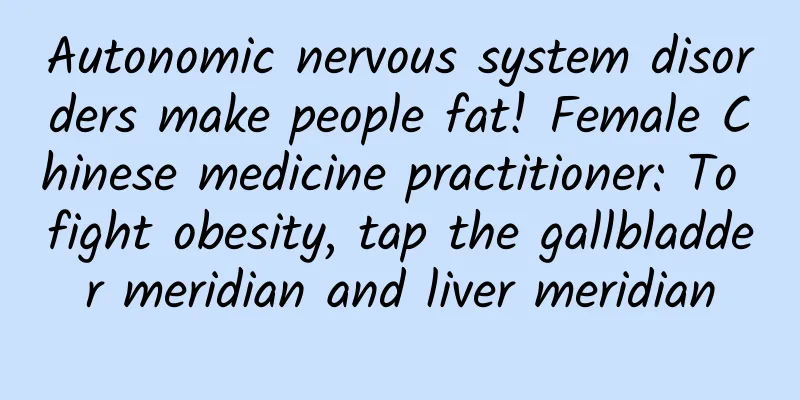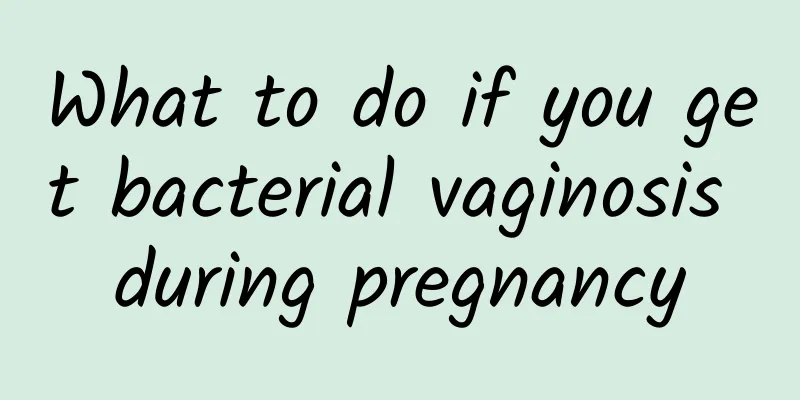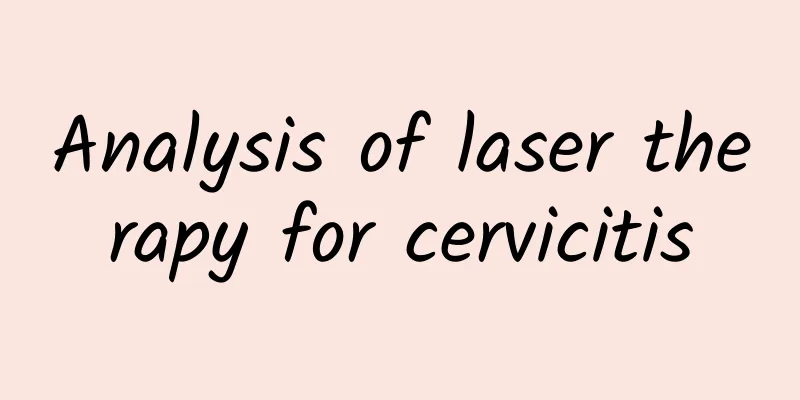Lose weight without rice? 5 Side Effects Premature Aging
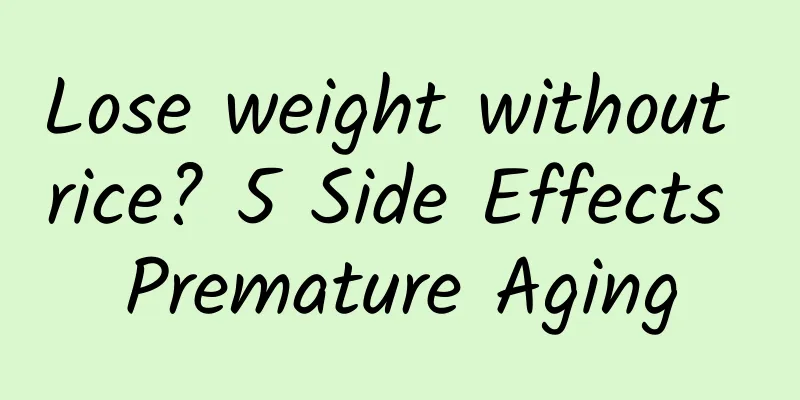
|
The "no-carbohydrate diet" has been popular from a few years ago to now. Excessive carbohydrate elimination has been pointed out to be harmful to the body, and in recent years there have been voices of reflection on this concept. However, even so, the idea that rice = getting fat is deeply rooted in everyone's mind, and some people still try to lose weight by not eating rice. So, this time I want to tell you 5 serious side effects of not eating carbohydrates on your body. Side Effect 1: Irregular menstrual periods or menstrual pain According to the Japanese Ministry of Health, in terms of nutrition, the main function of carbohydrates is to provide glucose to tissues that normally only use glucose as energy, such as the brain, nervous tissue, red blood cells, testicles, etc. Therefore, insufficient carbohydrates may have an impact on these organs. In addition, the Japanese Health Agency's "e-Health Network" also points out that the body will make slight adjustments based on the balance of the autonomic nervous system, endocrine system, and immune system. If this balance is disturbed, it is easy to get sick. Simply put, insufficient carbohydrates will affect the brain and nerve tissue, the autonomic nervous system and endocrine system that controls the hypothalamus in the brain will also be affected, and there may also be problems with monthly menstruation. Side Effect 2: Decreased Memory and Thinking Ability Appetite magazine (February 2009 issue) published a study by Holly A. Taylor, a psychology professor at Tufts University in the United States, which found that a diet that completely cuts out carbohydrates is very likely to have a negative impact on cognitive abilities such as memory and thinking. The women participating in the weight loss program were asked to choose low-carbohydrate or low-calorie meals prepared by the researchers, and then took cognitive tests and mood tests including attention, long-term and short-term memory, visual attention, and spatial memory. It was found that the participants who did not eat carbohydrates at all for one week had impaired memory (especially difficult memory tasks). To improve concentration and memory, it is essential to consume carbohydrates. Side Effect 3: Feeling Depressed and Unhappy If you feel unexplained depressed, it may be a sign of low blood sugar. For example, excessive carbohydrate-cutting diet leads to glucose deficiency and lowers blood sugar. The brain sends signals to the body to get glucose. Even if you don't want to eat carbohydrates, many people are prone to accidentally eating sweets and reaching for cakes, alcohol, etc. In order to increase blood sugar levels, if you take sugar, the main ingredient, sucrose, is not considered a nutrient, so it is absorbed into the blood faster, causing blood sugar levels to soar. Insulin from the pancreas returns to a hypoglycemic state equal to or even lower than before the sweets were consumed. As a result, adrenaline is released from the adrenal glands in order to raise blood sugar levels. The sympathetic nervous system becomes sensitive and easily angered or irritable. If you don’t want your mood to fluctuate drastically, you must avoid unreasonable dieting. Side effect 4: Easy to gain weight According to Professor Naokata Ishii of the University of Tokyo's book "Sports Training Techniques of Naokata Ishii", "extreme dieting will not only fail to reduce fat, but will also cause muscle atrophy." For example, if blood sugar levels drop significantly, the brain will mistakenly think that "I might starve to death if this continues." So we want to increase blood sugar levels and secrete adrenaline. At this time, fat will be broken down to help form energy. However, if this state continues and blood sugar drops again, the adrenal cortex will begin to secrete a hormone called cortisol. Then, the muscles are broken down for energy. As non-fat mass such as muscle decreases, calorie metabolism will also decrease (according to "e-Health Network"). That’s why it’s easier to accumulate fat and get fat. Side Effect 5: Premature Aging Dietary fiber from carbohydrates and starch from polysaccharides are indispensable for improving the intestinal environment. "e-Health Network" also mentioned that the bad bacteria in the intestines will increase due to a diet mainly composed of protein and fat, irregular lifestyle, various stresses, constipation, etc. On the contrary, healthy intestinal bacteria are more beneficial bacteria such as Dermothrix and lactic acid bacteria (more correctly, Lactobacillus). In other words, if there are not enough substances that can tidy up the intestinal environment, bad bacteria will increase, intestinal function will decrease, and it will naturally be easy to have problems such as constipation, aging of the skin, blood vessels, and organs. By the way, it is OK to eat brown rice, which contains three times more dietary fiber than white rice, germ rice, which is a mix of the advantages of white rice and brown rice, buckwheat noodles, which are rich in vitamins and minerals and protein, sweet potatoes, which are rich in vitamin C, and potatoes, which are rich in potassium, as staple foods. Eating too much is of course a bad idea, but not eating at all is definitely not an option. If you want to be beautiful and healthy, you should avoid unreasonable no-carbohydrate diets! For more exciting reports, please visit Biranger: http://biranger.tw/ |
<<: Can’t lose weight on your thighs? 2. Stretch to relax your hip joints
>>: Avoid cat's eye! Beware of 6 major injuries when running
Recommend
What should I do if bleeding does not stop after uterine fibroid surgery?
What should I do if bleeding does not stop after ...
What causes irregular menstruation? Can I still get pregnant if I have irregular menstruation?
Menstruation is a physiological reaction that eve...
What are the causes of bacterial vaginosis?
Bacterial vaginitis is a common disease among wom...
How long after laparoscopic surgery for ectopic pregnancy can I go back to work?
How long after laparoscopic surgery for ectopic p...
Losing too much weight will cause your intestines to become cold! 3-point KO intestinal stress
When the temperature is low, we may catch a cold,...
Abnormal leucorrhea examination for pregnant women before delivery
Pregnant women with abnormal vaginal discharge ma...
Can a hydatidiform mole be expelled on its own?
A hydatidiform mole cannot be expelled on its own...
How to treat cervical erosion? Several treatment methods for cervical erosion in women
Cervical erosion is a very common gynecological i...
Improper selection of contraceptive methods should pay attention to the cause of ectopic pregnancy
Ectopic pregnancy can cause amenorrhea, spotting ...
Common examinations for menopausal functional uterine bleeding
Due to the gradual degeneration of ovarian functi...
Warning: Common causes of primary dysmenorrhea
Primary dysmenorrhea is a type of dysmenorrhea wi...
What should I do if I have a stomachache three days after abortion?
What should I do if I have a little stomach pain ...
Choosing the most appropriate treatment for cervical hypertrophy
There are many treatments for cervical hypertroph...
What is the cause of pelvic effusion and how to treat it
The causes of pelvic effusion are mainly divided ...
Does your annual fitness plan always fall through? 4 tips to help maintain
It’s time to make new wishes for the New Year. Go...

